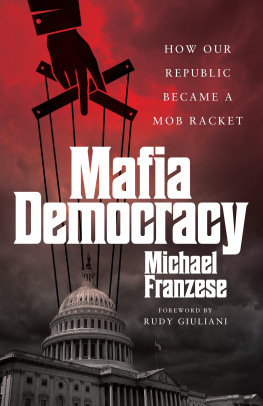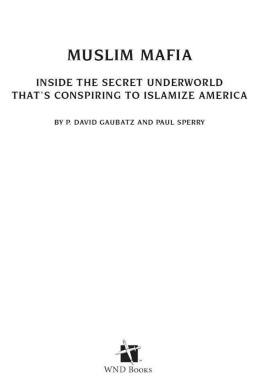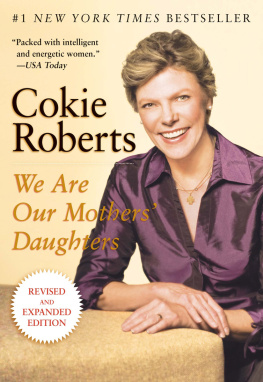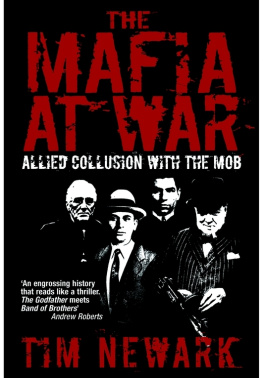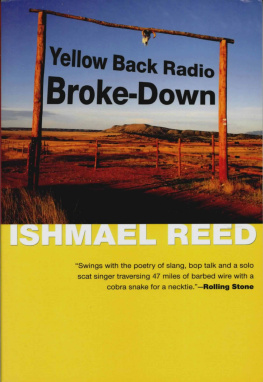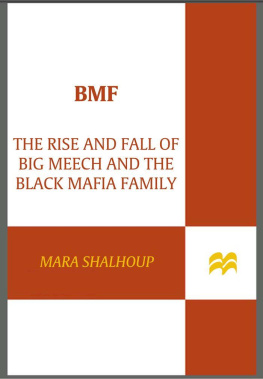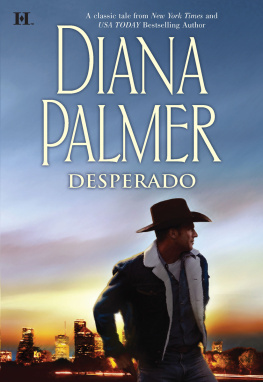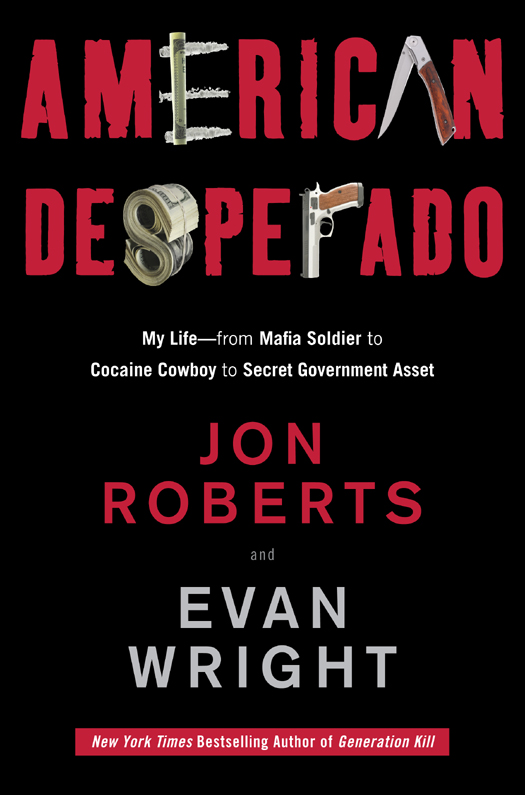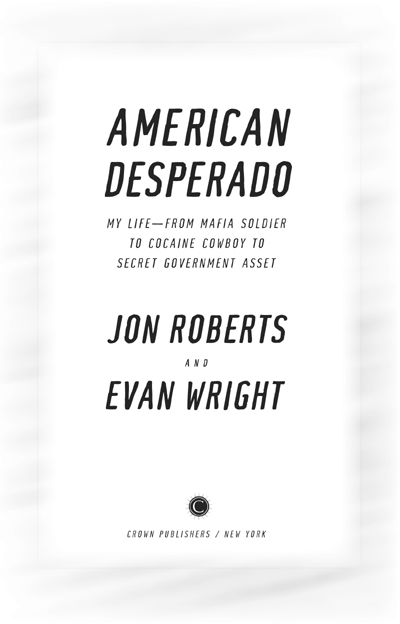MORE PRAISE FORAMERICAN DESPERADO
A tour de force. The best crime book since Wiseguy. Puts you in the middle of a world where its wonderful to be a tourist, terrible to be a resident. I am filled with nothing but admiration and envy for Evan Wright. If I thought I could get away with it, I would off Mr. Wright and present the book as my own. But as this story shows, no one really gets away with anything.
R ICH C OHEN ,
New York Times bestselling coauthor of When I Stop Talking,
Youll Know Im Dead and author of Tough Jews
American Desperado is the kind of book crime novelists envy, because it is not only stranger but so much better than fiction. Evan Wright brings the same immediacy and vigor that lifted Generation Kill above the many accounts of the Iraq Waronly here he gets unfettered access not to the good guys, but to one incredibly bad one. Captivating, addictive, and head spinning, this one-of-a-kind book earns its place on the top shelf of true-crime accounts.
C HUCK H OGAN ,
New York Times bestselling author of The Standoff and Prince of Thieves (basis of the Academy Awardnominated The Town)
American Desperado is one of the most disturbing memoirs Ive ever read. Like many sociopaths, Roberts is a totally charming storyteller, thanks in great part to his coauthor, journalist Evan Wright, who does a brilliant job getting into Robertss scary head and letting him tell his tale, as well as vetting his nearly unbelievable life story. I never want to be in the same room with Jon Roberts, but I couldnt stop reading his book.
S TEVEN G AINES ,
New York Times bestselling author of Philistines
at the Hedgerow and Fools Paradise
Seldom have I read an account of criminal enterprise that took me so deeply into the blackness of a mans soula scary read, pounding and relentless and irresistible.
B RUCE P ORTER ,
author of Blow
ALSO BY EVAN WRIGHT
Generation Kill
Hella Nation
Copyright 2011 by Jon Roberts
All rights reserved.
Published in the United States by Crown Publishers,
an imprint of the Crown Publishing Group,
a division of Random House, Inc., New York.
www.crownpublishing.com
CROWN and the Crown colophon are registered trademarks of Random House, Inc.
Library of Congress in-Publication Data
Roberts, Jon, 1948
American desperado / Jon Roberts and Evan Wright.1st ed.
p. cm.
1. Roberts, Jon, 1948 2. Drug dealersUnited StatesBiography. 3. Cocaine industryUnited States. 4. Drug trafficUnited States. I. Wright, Evan.
II. Title.
HV5805.R637A3 2011
363.45092dc22
[B]
2011010503
eISBN: 978-0-307-45044-9
JACKET DESIGN BY DAVID TRAN
JACKET PHOTOGRAPHS BY ROYALTY FREE/DREAMSTIME
v3.1
TO NOEMI AND JULIAN
Contents
Desperado, the horse that I thought would win the Derby and make me famous as something more than a gangster, was a baby when I got him. He hadnt been trained how to run, but he could already fly on the grass. He had good instincts. He didnt like other horses. You dont want a sociable horse. They stay in the pack. You want a horse who likes to run in front of all the other horses. Desperado was a killer. I named him Desperado because I saw myself in his eyes.
JON ROBERTS
1
APRIL 2008MIAMI
E VAN WRIGHT (E.W.) : During a break in the Heat versus Pistons game at Miamis American Airlines Arena, an announcer informs the crowd that a very special celebrity is in the house. Ladies and gentlemen, we have Jon Roberts, Miamis original cocaine cowboy, with us tonight.
Live images of Roberts seated in the arena splash onto the screens in the arena: a physically fit sixty-year-old with silver hair combed straight back. Unaware that he is being filmed, Roberts gazes expressionlessly. Deep-set eyes give his face a wolfish, predatory appearance. Fans seated near him stand with their camera-phones and take aim. Roberts notices his image on the screens and offers a pained okay-you-got-me grin. He puts his arm on his eight-year-old son, Julian, seated beside him. Julian ducks his head into his fathers shoulder but peeks up, grinning, as cameras flash. His dad is the biggest star in the arena.
Little more than fifteen years earlier Roberts was a fugitive. His face was featured on FBI most-wanted posters at U.S. post offices across North America. He fled Miami after the U.S. government labeled him as top American representative of the Medelln Drug Cartel and charged him with overseeing the importation of billions of dollars of cocaine. Roberts and a small band of American partners had created a veritable FedEx of drug smuggling. They employed secret airfields, listening posts to eavesdrop on Coast Guard communications, and sophisticated homing beacons for tracking cocaine shipped by sea that stymied the U.S. government for nearly a decade. That part of Robertss storyand the outrageous life he led that epitomized the excesses of Miamis cocaine-fueled boom of the 1980swas told in the underground hit documentary Cocaine Cowboys, released in 2006.
Key aspects of Robertss extraordinary criminal life remained untoldhis rise in a powerful New York Mafia clan, the murders that prompted his exile to Miami, his involvement with a CIA official that led to a secret plea deal with the government.
Through it all, he possessed an asset not typical of admitted killers: charm. A man who did business with Roberts in his New York Mafia daysand later joined the priesthood as a result of the experiencetold me, Jon was extremely likable. He was fun to be around. Underneath that was a person capable of very bad things. He is an extreme dichotomy of good and bad. He is a very old story, Dr. Jekyll and Mr. Hyde.
Robertss frankness about himselfusually blended with a sly, sardonic humorcan be disarming. In a phone call before we met to discuss telling his full story, he said, I might be a sociopath. Most of the time Ive been on this earth Ive had no regard for human life. Thats been the key to my success.
I ARRIVE in South Florida the spring of 2008 to begin interviewing Roberts for this book. He insists that I stay with him and his wife, Noemi, and son, Julian, at their house in Hollywood, Florida. He insists that I not rent a car. Hell pick me up. Hell drive, always. I dont ever want to be in a car with somebody else driving it, he explains.
Jons accent is New York, but not the tough-guy dialect of the streets. He speaks an urbane New Yorkese, like Michael Douglass Gordon Gekko in Wall Street. We do many hours of interviews in Jons car, visiting old hauntsbars, smugglers docks, murder sceneswith time out to pick up Julian at school and shuttle him to playdates and hockey practice.
When Julian is in the car, Jon drives at the proper speed and questions him about school, like any other involved parent. When Jon and I are alone in the car, he reverts to old habits. He seems to drive his car, a late-model Cadillac, at only two speeds, 75 mph on surface streets and 110 mph on freeways. As he darts in and out of traffic and squeals out of parking lots, driving with Jon feels like being dropped into a car-chase scene in a 1970s movie. I glimpse the rearview mirror, expecting to see elaborate car crashes in our wake and flashing red lights. But Jon is a precise high-speed driver, never reckless. Rocketing toward a parking space, he flicks the wheel with one hand and backs in. He always parks his car facing out, primed for a quick getaway.


